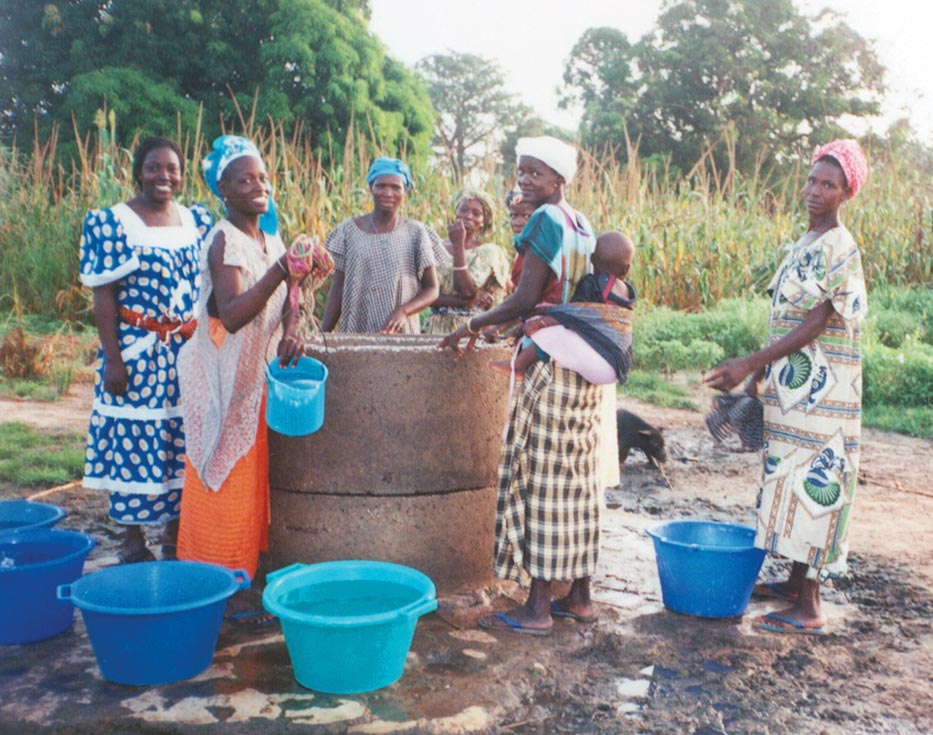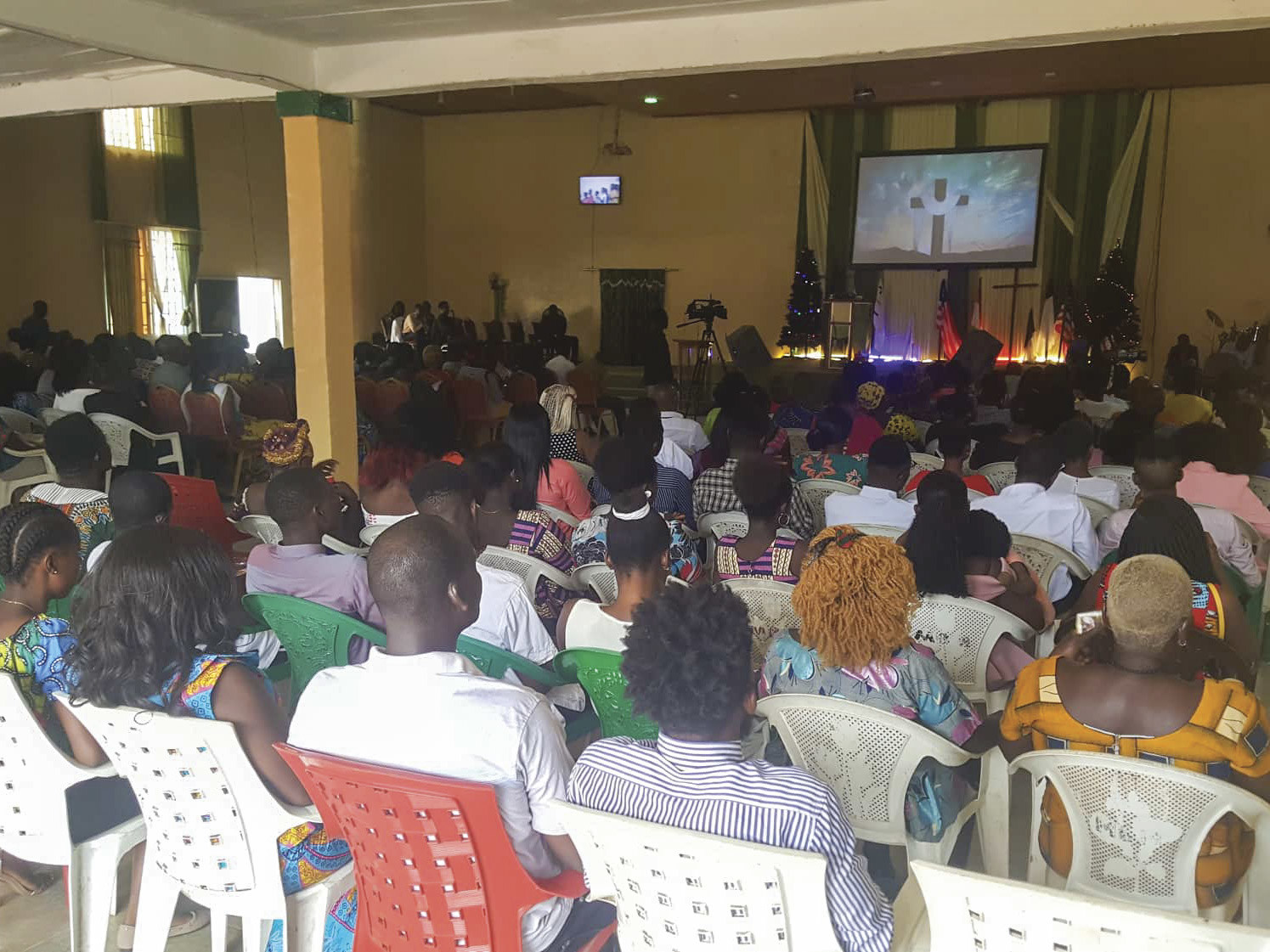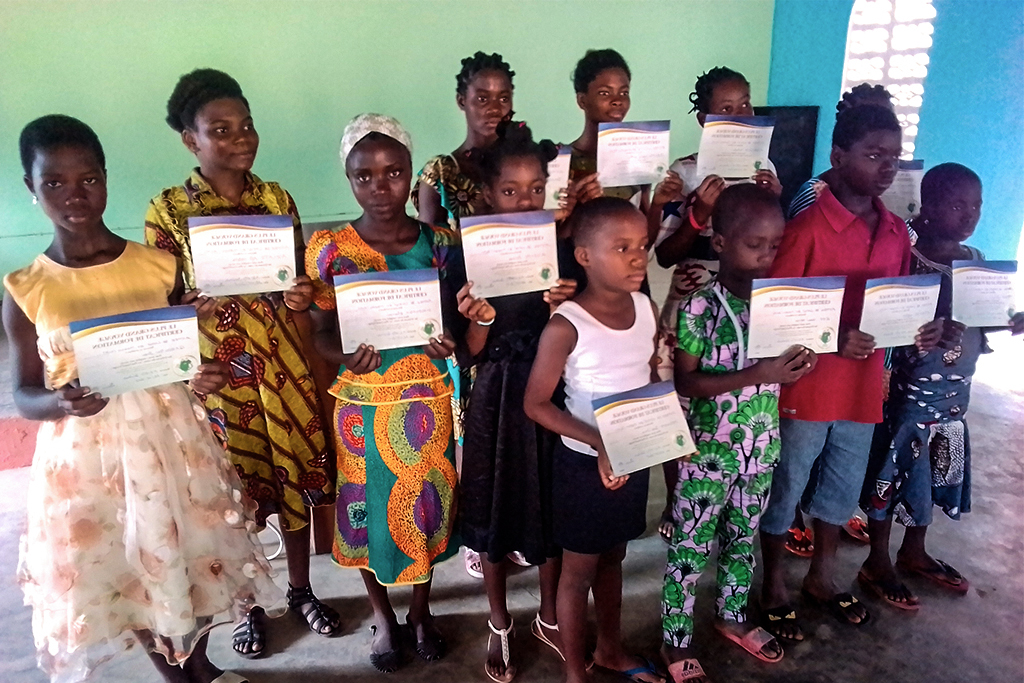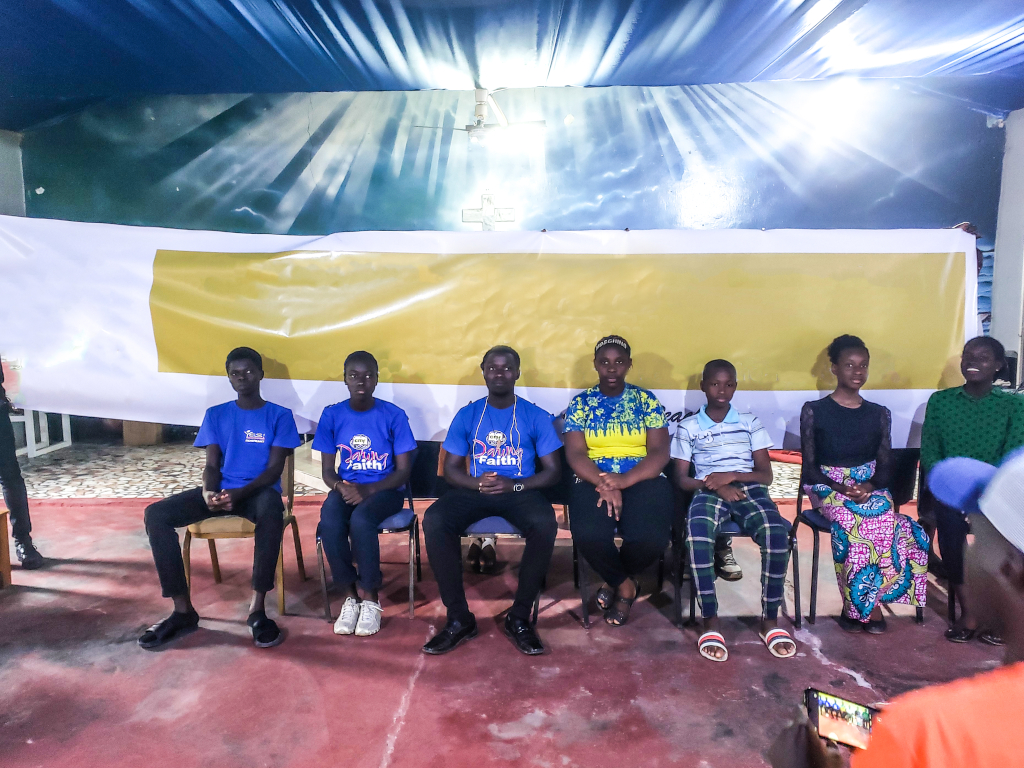
Population:
2.4 million
Evangelical population:
0.91%
People groups:
30
Unreached people groups:
16

Gambia
The smallest country in mainland Africa, Gambia is a narrow nation that cuts through the interior of Senegal in West Africa. The Gambia River runs through the country to the Atlantic Ocean and was extensively used by slave traders as a transportation system. Many settlements are found along the river. The capital city of Banjul is located on Saint Mary’s Island at the mouth of the river on the Atlantic coast.
Gambia has a tropical climate with a rainy and dry season. Approximately three-fourths of the population depends on agriculture for their livelihood, though only less than half of the arable land has been cultivated. The country has few natural resources, and over half of the country is illiterate, with illiteracy disproportionately affecting women.
Tourism, which has taken a hit by the coronavirus pandemic, helped to boost the economy, as Gambia was one of West Africa’s most visited tourist destinations. Remittances account for approximately one-fifth of the country’s GDP, as high unemployment has caused skilled workers to emigrate to developed nations.
Gambia has a young and diverse population, with nearly 60 percent of its people under the age of 25. While nearly 90 percent of the population is Muslim, the average annual evangelical growth rate is 8.9 percent (compared to the global rate of 2.6 percent).
The Mandinka people are the largest ethnic group in Gambia, followed by the Fulani herdsmen and the Wolof. Living along the Gambia River, the Mandinka are farmers, merchants, and Muslim clergy. According to the Joshua Project, their oral literature is considered some of the world’s best and their music is reflected in the anthems of four West African nations.
Gambia is a source and destination country for sex trafficking, and boys in some Quranic schools are forced to beg in the streets. Nearly 80 percent of Gambian girls and women have suffered female genital mutilation, according to the World Health Organization.
An indigenous ministry with eight mission bases in Gambia is planting churches, educating and caring for needy children, and promoting agricultural development. They seek assistance for their training programs, equipment for their schools that serve two communities, missionary support, and their annual youth conference attended by approximately 300 young people. Their work has increased the literacy level of the communities in which they work, which is positively affecting families and increasing church attendance. The ministry also requests help to establish a poultry project in a community where a missionary family is based, which will provide for the missionaries’ needs, help them build relationships, and provide the entire community with an accessible protein source.

How to Pray for Gambia
- Pray that the gospel would continue to spread quickly in this small nation, and that it would take root in many hearts.
- Pray for wisdom and resources for native missionaries laboring for the Lord in a country plagued by poverty and few economic opportunities.
- Pray for strong discipleship programs for new believers and multiplying churches built on the solid foundation of God’s Word.
More stories from Gambia

Help Spread the Good News in Gambia
A student at a native ministry’s school was distraught by the absence of her father, who had left her family when she was a baby, but then a local missionary shared about knowing God as her Father and spent much time sharing the gospel with her family. The girl attained joy and confidence after accepting Christ.

Help Advance the Gospel in Gambia
Native Christian workers visiting a village were disappointed when only a few of the more than 60 people who saw the Jesus Film and heard a gospel message answered the call to receive Christ. As the workers met with villagers to pray for their needs the next day, however, they saw the full effect of the presentation as more than 10 people declared their faith in Christ as Lord and Savior.

Help Form Witnesses for Christ in Gambia
The joy and confidence that a high school-aged girl has shown since accepting Christ has made a strong impression on her family, and her older sister also decided to become a Christian and is attending church services with her. The ministry leader who led them to faith is also encouraged by a worker who shares the gospel in radio broadcasts in his native Manjago language.

Help Spread the Good News in Gambia
A student at a native ministry’s school was distraught by the absence of her father, who had left her family when she was a baby, but then a local missionary shared about knowing God as her Father and spent much time sharing the gospel with her family. The girl attained joy and confidence after accepting Christ.
